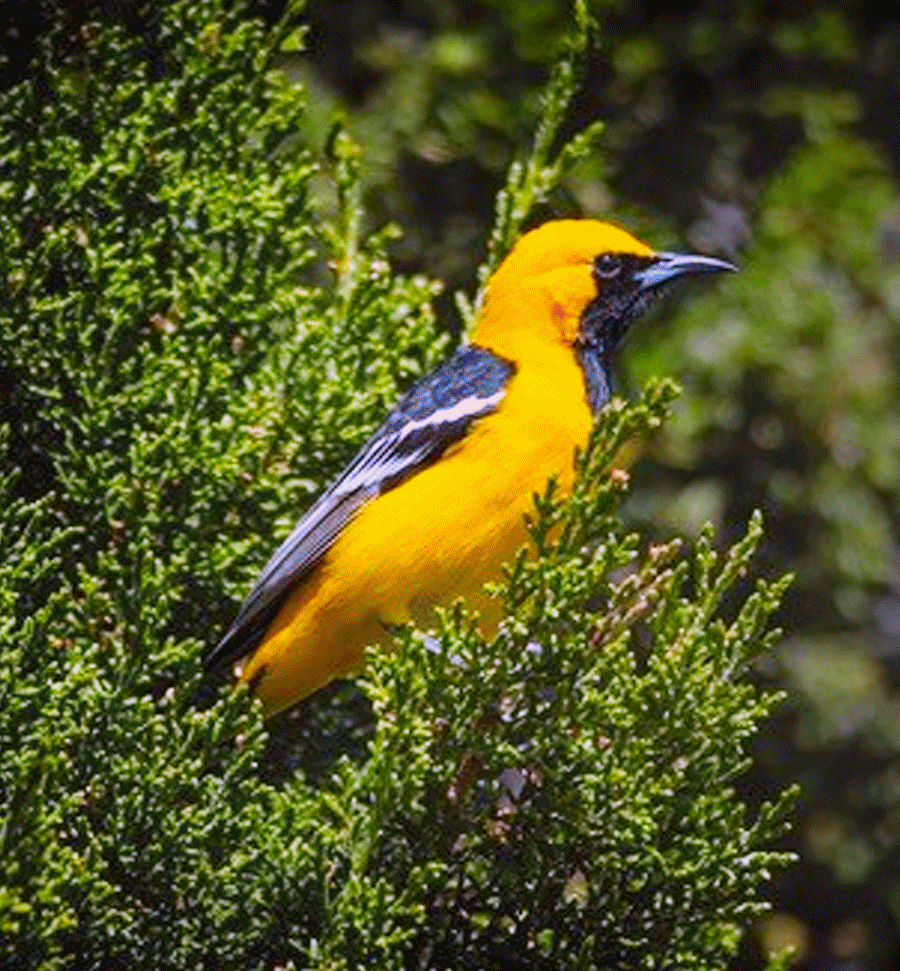The New Mexico Humanities Council has announced financial support for the Southwest Festival of the Written Word, downtown Silver City’s first literary festival, September 27-29. The Council, which receives funding from the National Endowment for the Arts, is underwriting five festival sessions that are woven together by the theme “To Write – Defining a Region”.
For 30 years the Council, composed of New Mexicans devoted to expanding the knowledge of human culture, has underwritten quality New Mexico projects that engage humanities scholars and public audiences in a dialog. The Festival is one of five projects selected for this granting period. “We are honored in our first year to have twelve of our outstanding presenters designated as New Mexico Humanities Scholars,” says Jeannie Miller, festival director of public relations.
The scholars are Susan Berry, Stephen Fox, Mark Lee Gardner, David Remley, Sharman Apt Russell, John Gist, Ann Lane Hedlund, Philip Connors, Felipe de Ortego y Gasca, Layli Long Soldier, Orlando White, and JJ Amaworo Wilson.
Berry, retired director of the Silver City Museum, will mine the rich legacy of writing about and in southwestern New Mexico in her presentation, “We’ve Had Words: The Literary Heritage of Southwest New Mexico”.
In “Making History: The Art of Historical Writing” three master historians- Fox, Gardner and Remley – will describe how their research resulted in an impressive array of histories.
In her talk, “The Scripture of Snail and Fern,” Russell, professor of humanities at WNMU, will use photographs of the world of the Southwest to demonstrate how nature elicits responses from observers.
A panel of three-Gist, philosopher-novelist-personal essayist and WNMU professor of creative writing; Hedlund, retired museum curator and professor of anthropology; and Connors, editor, Gila National Forest fire lookout ,and author of Fire Season – will confer on “The Truth and Beyond: Creative Non-Fiction.”
Ortego y Gasca , WNMU scholar-in-residence; Long Soldier, poet, teacher and artist; White, award-winning poet and professor at Diné College; and Wilson, WNMU writer-in-residence, will discuss “Out of the Margins: Multicultural Writing in the 21st Century.” As scholars and literary artists, these four have themselves widened the boundaries of multicultural expression.
“The festival has something of interest for everyone: From the first grader who will write and read his or her own book to published authors who want to mingle and converse with other southwestern writers,” says Miller. “If you read, you’ll want to meet your favorite authors and discover some new ones. If you write, you’ll want to check out three days of great how-to sessions about writing in all genres. And, of course, everyone will want to attend at least one of the New Mexico Humanities Council sponsored sessions. “



